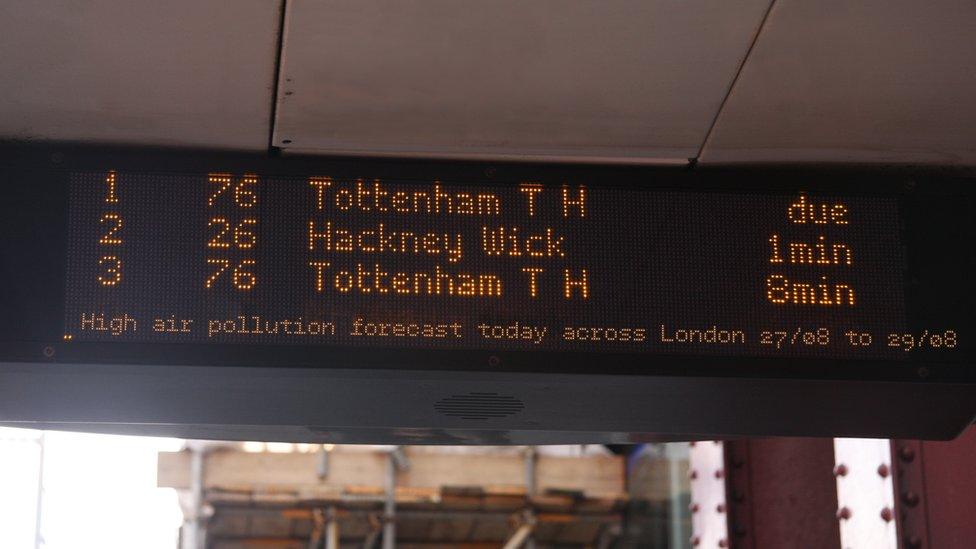Pollution solutions: Behavioural change
- Published
- comments
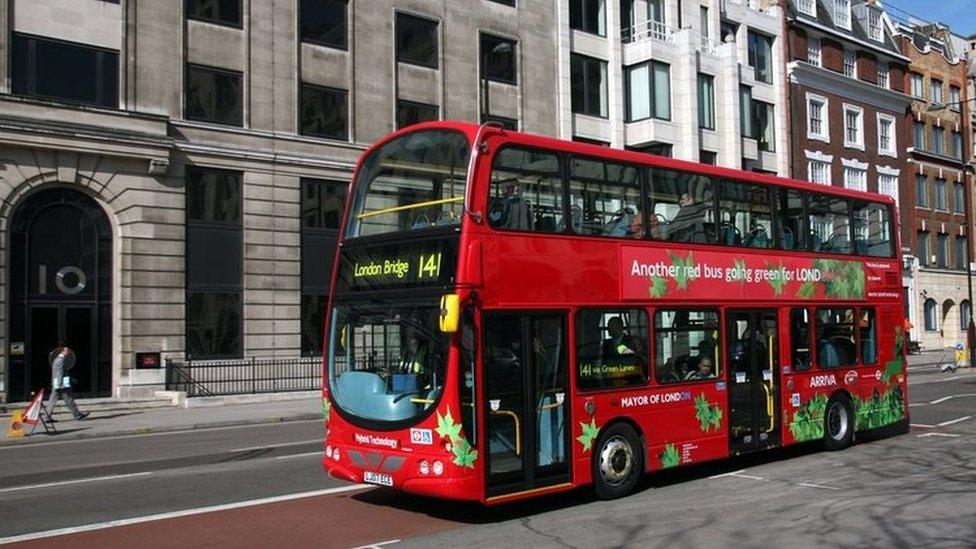
One of the first hybrid diesel and electric powered buses went into service on London's route 141 in March 2007
When I started first reporting on pollution in London, many moons ago, the real concern was particulate matter - the tiny particles mainly from traffic - that can cause health problems.
We still have episodes of high particulates in London - there was one a few weeks ago compounded by high levels of wood burning.
The focus now though is nitrogen dioxide (NO2) mainly from diesel engines and how that can be reduced.
London Mayor Sadiq Khan estimates thousands of Londoners every year have their lives shortened by pollution.
Ironically, London is probably at the forefront of anti-pollution policy.
We have had a low emission zone for many years and have tried green walls and dust suppressants for example, with limited success. But the capital still breaches pollution limits.
The current mayor is introducing a toxicity charge for central London and expanding an ultra low emission zone.
Pollution is also now very prominent in the minds' of the public - for one thing, it receives a lot more publicity than it used to.
The response to a recent mayoral consultation on pollution was the highest ever.
Environmental lawyers like ClientEarth, external and campaigners like Clean Air for London, external are organised and efficient at highlighting the problem.
And while many ideas are touted to reduce pollution, the real solution, clean air campaigners will tell you, is to reduce emissions and even ban diesels.
But something interesting is happening in the wider court of public opinion. Changes are happening in the vehicle market.
Why are black cabs being tested in the Arctic Circle?
Is the drip, drip of health warnings, and talk of policy initiatives - like the ultra low emission zone, and stories like the VW emissions scandal, having an effect?
Yesterday, it was announced the sales of diesel cars dropped 9.2% compared to a year ago. That was combined with a record 48.9% increase in electric cars and other alternatively-fuelled vehicles.
And while this is not a pollution solution, drivers' behaviour is changing and it seems diesel is in decline.
- Published6 March 2017

- Published25 January 2017
- Published24 January 2017

- Published23 January 2017
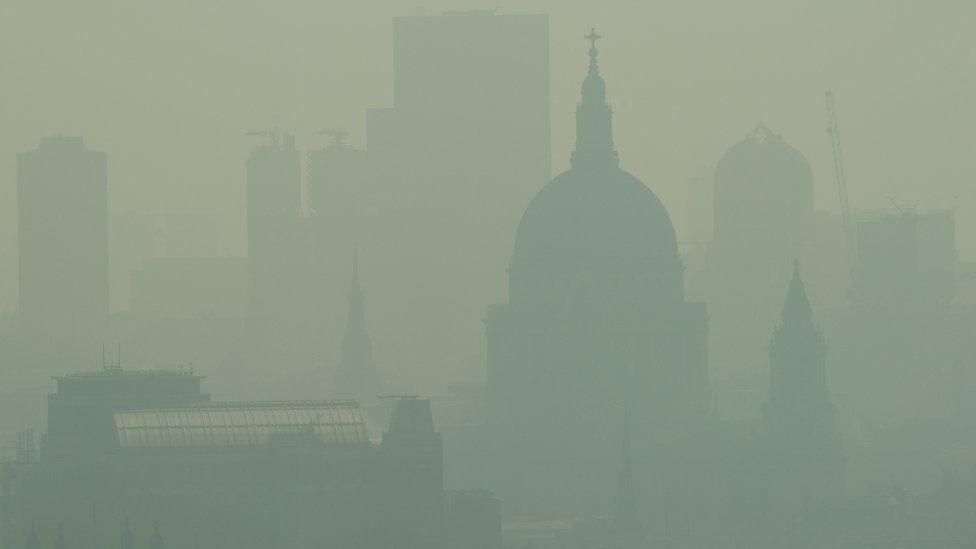
- Published19 January 2017
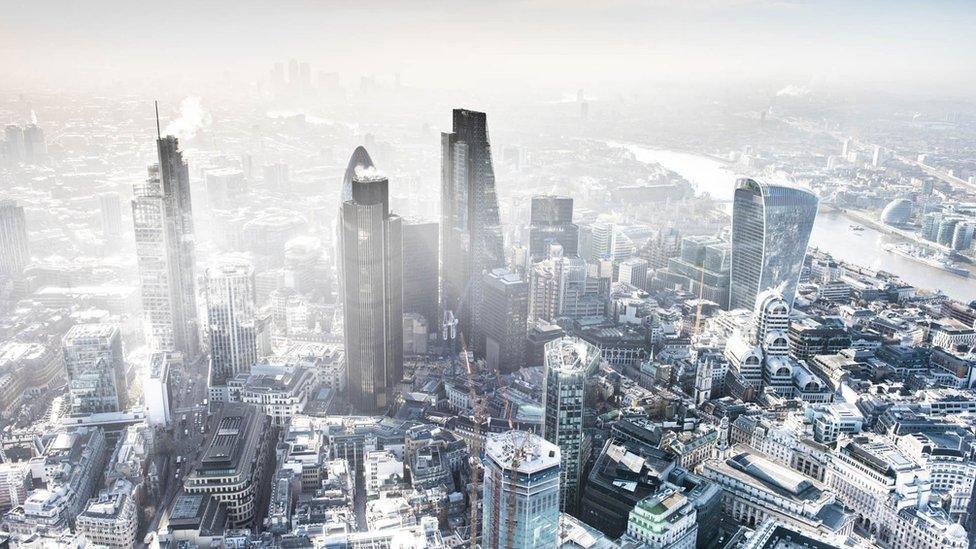
- Published1 December 2016
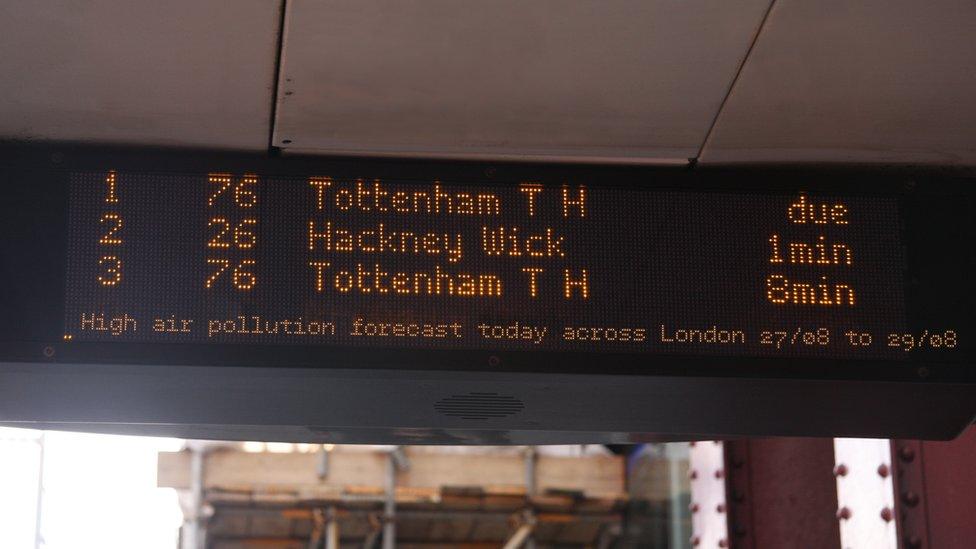
- Published5 August 2016
